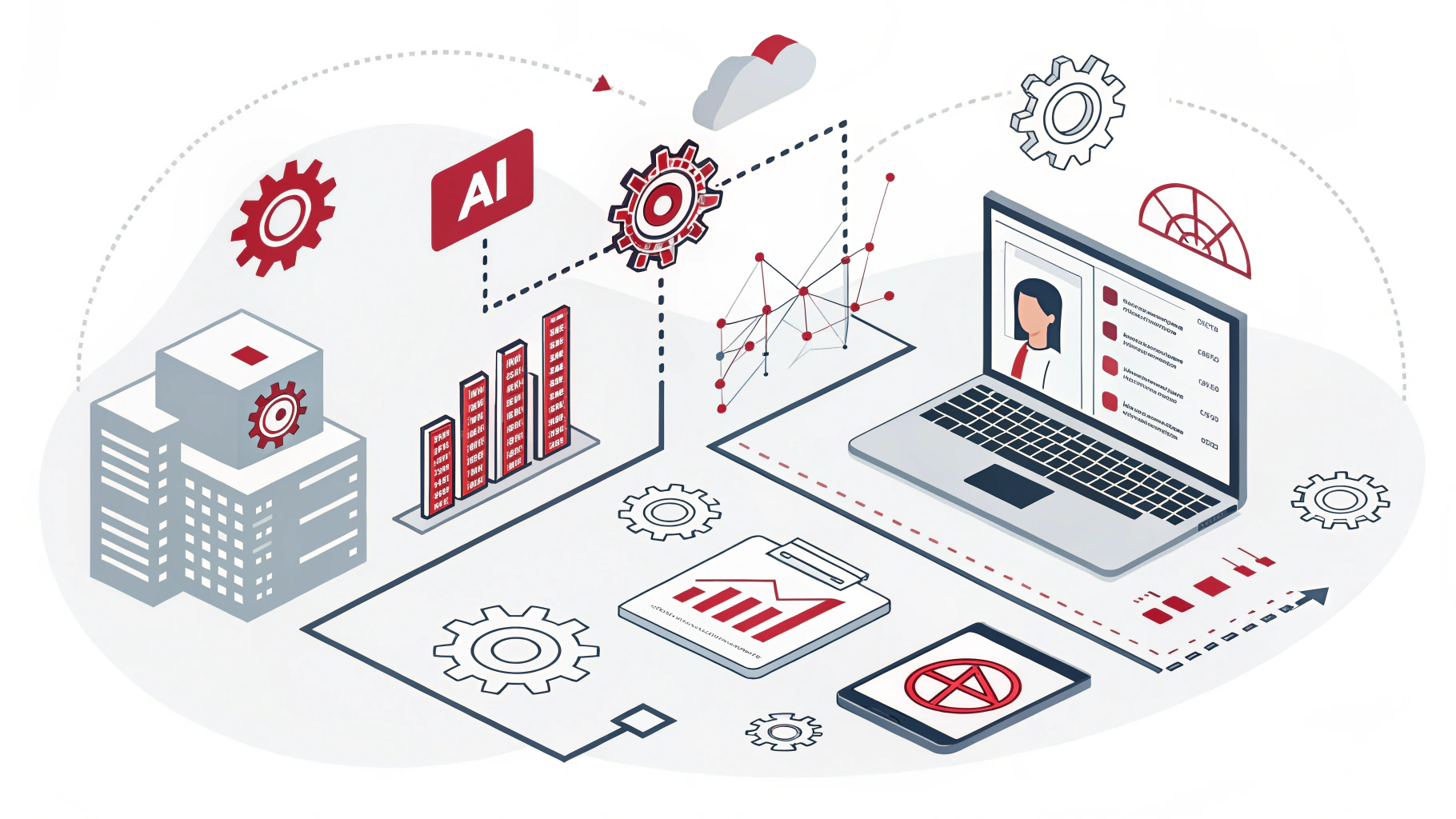How RPA can streamline Supply Chain and Logistics?
Supply Chain and Logistics is predominantly an industry which is driven by precision and speed. The industry is mostly governed by a lot of systems and processes, which, when automated drive efficiency, scale, and faster deliveries. RPA optimizes operations and cuts costs and emerges as a replacement for a lot of non-productive, repetitive tasks.
Overview:
Robotics has become a key component of Supply Chain automation and will continue to transform supply chain operations. It is said to have a drastic impact in terms of productivity, efficiency, and accuracy on the Supply Chain and Logistics industry. Among the various benefits that RPA brings to the industry, the prominent ones are real-time inventory visibility and warehouse management.
But, before the enterprise dives into implementing RPA, there is a certain level of preparedness and some ground-level modifications that enterprises need to make. A few of them are:
Process Standardization: The more complex the process is, the tougher it is to implement RPA. Therefore, it is crucial to simplify the various processes and standardize them to achieve the desired output of implementation.
IT Infrastructure: –Support of IT is vital for the implementation of RPA, and it is advisable to have a robust IT setup to avoid any untoward event.
Expectation Management: Each stakeholder, from top management, leadership team to executives, client, customer, and investor, have different sets of expectations from RPA. Most of them are still in a warming-up stage and have not fully embraced it. The onus is on the decision-makers to make the implementation more acceptable, convincing and try to manage expectations of each and make sure that the implementation does not amount to complete disruption.
Team Engagement – To succeed with RPA implementation, it is essential for an enterprise to first engage its team and bring forth a buy-in to make it acceptable. It is only then that the objective behind implementing RPA is achieved, and enterprises can think of scaling its operations with it.
Given all of the preparedness that is required to make RPA more acceptable and beneficial for Supply Chain and Logistics industry, here are areas where RPA can help:
Inventory Management
- Monitor inventory, notify when levels are low
- Order new shipments at the right time
- Track inventory as it flows from the time it enters and exits the warehouse.
Supply and Demand Planning
- Gather and merge information
- Prepare data for manual analysis and share it with planners.
Purchase Order Management:
- Request for quotation
- Creation of purchase order
- Invoice Creation and payment
Freight Management
- Transfer information during load matching
- Route optimization
- Freight accounting, and freight claim management
Returns and Refunds Processing
- Reduce the need for human intervention
- Frees up labor to focus on processing
Invoice Management
- Extracts information from invoices
- Validates and verifies information
- Handles invoices accurately
Conclusion: RPA has changed the way Supply Chains have traditionally operated and has improved the ability of the Supply Chain and Logistics industry to innovate. Implement RPA in your Supply Chain and Logistics enterprise to deliver exceptional customer service and gain a competitive advantage.








